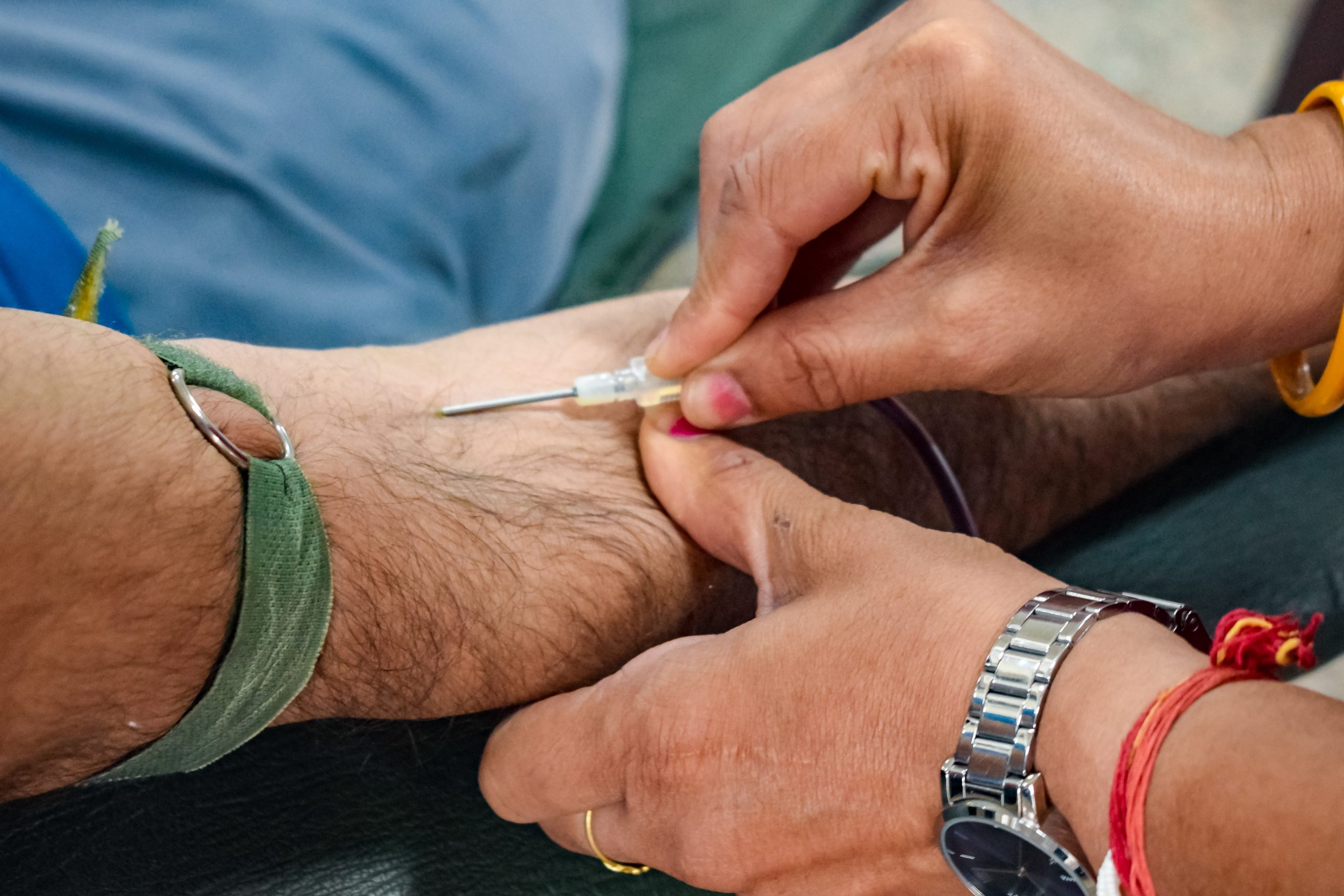Iris Renal Disease Guidelines, IRIS (International Renal Interest Society) kidney staging is a system for categorizing chronic kidney disease (CKD) based on the level of kidney function and the presence of other markers of disease. It was developed to provide a standardized way of describing the severity of CKD, which can help with diagnosis and treatment planning.
The IRIS kidney staging system uses the estimated glomerular filtration rate (eGFR) and the presence of proteinuria (excess protein in the urine) to classify CKD into four stages:
KDIGO (Kidney Disease: Improving Global Outcomes) is an international organization that develops guidelines and recommendations for the diagnosis, management, and treatment of kidney disease. One of the main products of KDIGO is the KDIGO Clinical Practice Guideline for the Diagn, Evaluation, Prevention, and Treatment of Chronic Kidney Disease (CKD).
Doctors use the IRIS kidney staging system as a tool to help diagnose and manage chronic kidney disease (CKD) in patients. The system is based on the level of kidney function, as determined by the estimated glomerular filtration rate (eGFR), and the presence of proteinuria (excess protein in the urine). Here are some ways in which doctors use the IRIS staging system:
The IRIS kidney staging system uses the estimated glomerular filtration rate (eGFR) and the presence of proteinuria (excess protein in the urine) to classify CKD into four stages:
- Stage 1: eGFR greater than 90 mL/min/1.73 m^2 and no proteinuria. This stage represents normal or near-normal kidney function.
- Stage 2: eGFR between 60 and 89 mL/min/1.73 m^2 and no proteinuria, or eGFR greater than 90 mL/min/1.73 m^2 and low-to-moderate proteinuria. This stage represents mild-to-moderate kidney impairment.
- Stage 3: eGFR between 30 and 59 mL/min/1.73 m^2 and any level of proteinuria. This stage represents moderate-to-severe kidney impairment.
- Stage 4: eGFR less than 30 mL/min/1.73 m^2 and any level of proteinuria. This stage represents severe kidney impairment.
KDIGO (Kidney Disease: Improving Global Outcomes) is an international organization that develops guidelines and recommendations for the diagnosis, management, and treatment of kidney disease. One of the main products of KDIGO is the KDIGO Clinical Practice Guideline for the Diagn, Evaluation, Prevention, and Treatment of Chronic Kidney Disease (CKD).
Doctors use the IRIS kidney staging system as a tool to help diagnose and manage chronic kidney disease (CKD) in patients. The system is based on the level of kidney function, as determined by the estimated glomerular filtration rate (eGFR), and the presence of proteinuria (excess protein in the urine). Here are some ways in which doctors use the IRIS staging system:
- Diagnosis: The IRIS staging system can help doctors identify patients with CKD and determine the stage of the disease. This can be used to determine the progression of the disease and monitor it over time.
- Treatment planning: The IRIS staging system can help doctors determine the appropriate course of treatment for patients with CKD. For example, patients in Stage 1 may need only close monitoring, while patients in Stage 4 may require more aggressive treatment such as dialysis or transplantation.
- Monitoring: The IRIS staging system can be used to monitor the progression of CKD in patients over time. By repeating eGFR and proteinuria tests, doctors can track changes in kidney function and determine if treatment is working or if adjustments are needed.
- Communication: The IRIS staging system can be used as a standardized way of describing the severity of CKD, making it easier for doctors to communicate with each other and with patients about the disease.
Are you tired of living under the shadow of kidney disease? Are you yearning for a life free from the shackles of dialysis, kidney failure, and the looming threat of kidney transplants? If so, you're in the right place at the right time. Imagine waking up every morning with boundless energy, feeling rejuvenated and ready to take on the day. Envision a life where your kidneys are functioning optimally, and you no longer dread the burdensome routines of dialysis sessions. The Kidney Disease Solution Program is here to turn that vision into reality for you.


